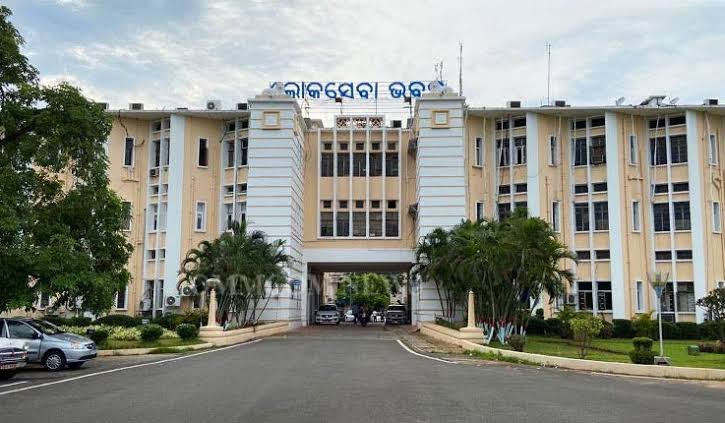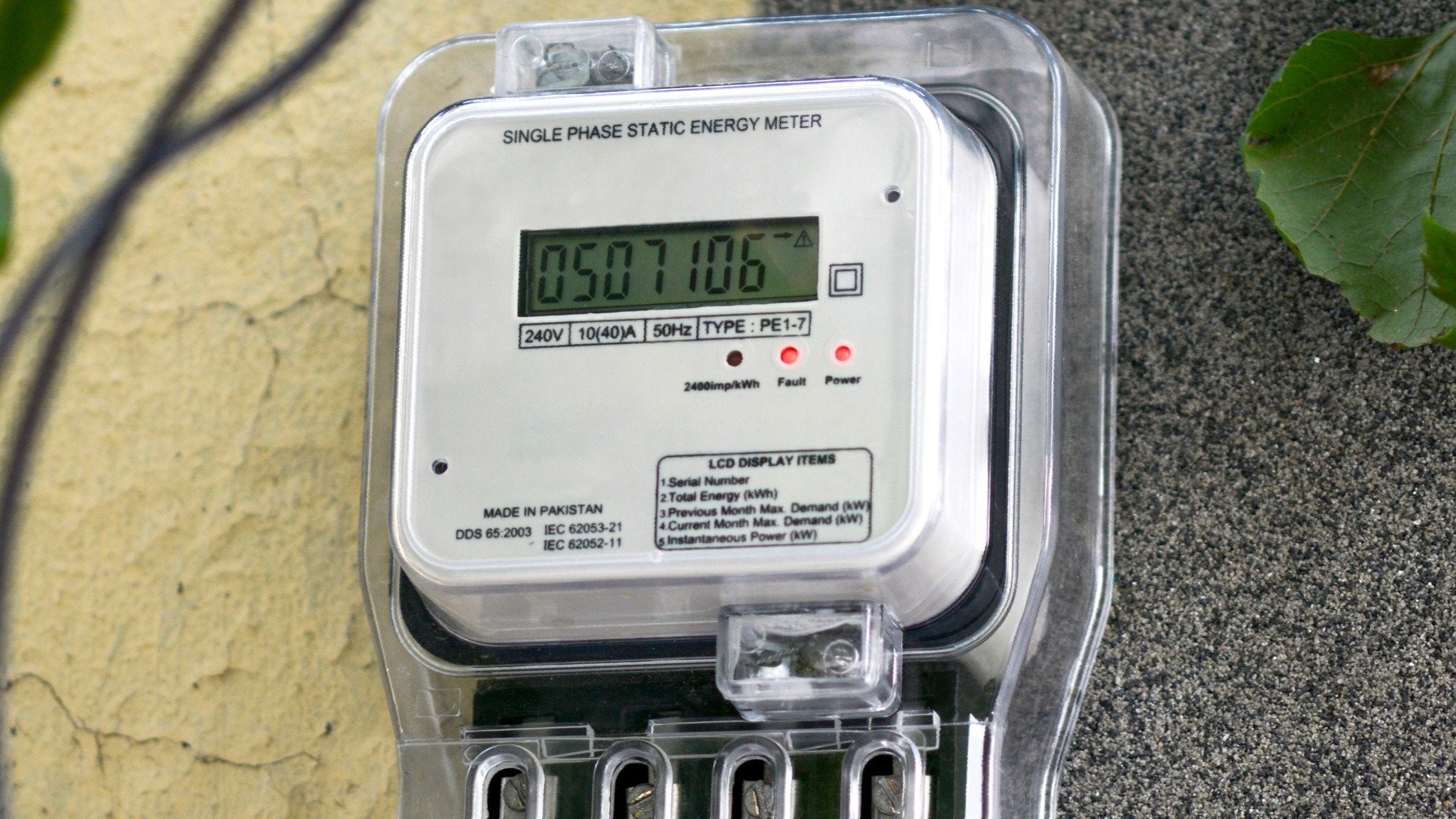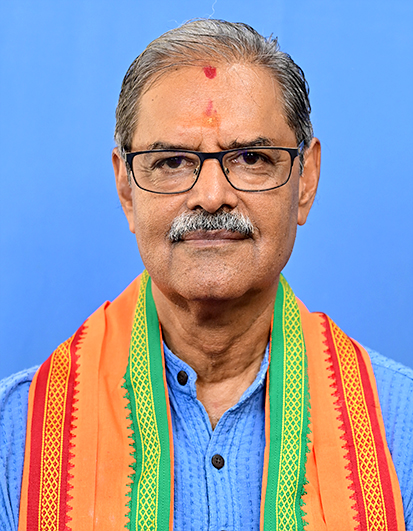Odisha Cabinet Approves Seven Key Proposals Across Six Departments

Decisions span cultural promotion, urban development, cooperative strengthening, and health services
Bhubaneswar: The Odisha State Cabinet, chaired by Chief Minister Mohan Charan Majhi, convened its 24th meeting at the Conference Hall of Lok Seva Bhawan, where seven crucial proposals from six departments received approval. Chief Secretary Manoj Ahuja briefed the media, outlining the decisions aimed at advancing governance, public services, and development across the state.
The proposals came from the Odia Language, Literature and Culture Department, Cooperative Department, Finance Department, Housing and Urban Development Department, Commerce and Transport Department, and Health and Family Welfare Department. Each initiative, according to officials, addresses a distinct area of governance — from cultural preservation to public health — reflecting the government’s multi-sectoral approach to development.
One of the highlights was the approval of initiatives under the Odia Language, Literature and Culture Department. These moves are expected to further promote and preserve the Odia language and heritage, reinforcing Odisha’s identity at both national and global levels. The government has been actively pushing for initiatives that not only celebrate Odia literature but also make it more accessible to younger generations through digital platforms, events, and academic programmes.
In the cooperative sector, measures were cleared to strengthen cooperative institutions, enhance financial stability, and provide better support for farmers and small entrepreneurs. The Cooperative Department’s proposals focus on improving operational efficiency, upgrading infrastructure, and streamlining credit availability. This aligns with the state’s broader vision to empower rural communities through cooperative models that bridge economic gaps.
The Finance Department’s proposal, approved by the Cabinet, aims to ensure fiscal discipline while enabling targeted spending in priority sectors. This includes provisions for enhanced transparency in fund utilisation and better monitoring of development schemes to ensure outcomes match allocations. Officials stressed that this would improve efficiency in delivering welfare benefits and infrastructure projects.
Urban development also received a significant boost with the approval of projects under the Housing and Urban Development Department. These include measures to improve civic amenities, strengthen urban infrastructure, and expand basic services to underserved areas. The focus is on sustainable urban planning to address growing population pressures while enhancing quality of life for residents.
From the Commerce and Transport Department, proposals aimed at enhancing transport efficiency and logistics management were passed. This includes plans to improve public transport services, modernise infrastructure, and create systems that support economic activities by reducing transit delays and costs. Such measures are expected to facilitate smoother movement of goods and passengers, especially between industrial hubs and ports.
The Health and Family Welfare Department also secured approval for initiatives that strengthen healthcare delivery. These include upgrading facilities, improving emergency response systems, and ensuring that primary health services reach remote and underserved areas. Officials noted that the proposals build on existing schemes like the Emergency Medical Ambulance Services, which had been cleared in earlier Cabinet sessions.
The meeting’s outcomes reflect the government’s commitment to balanced, inclusive development across both rural and urban areas. In previous sessions, the Cabinet has approved landmark projects such as the construction of the Baitarani Left and Right Bank Canal and expansions in the state’s emergency healthcare infrastructure.
Chief Secretary Manoj Ahuja emphasised that each proposal was carefully evaluated to ensure its alignment with the state’s long-term goals under Vision Odisha 2036. “These decisions are a step forward in our mission to deliver tangible benefits to the people of Odisha through targeted, well-planned, and sustainable development initiatives,” he said.
Work on implementing the newly approved proposals is expected to begin soon, with respective departments tasked to draw up detailed action plans and timelines. The government has assured regular monitoring to ensure timely execution and measurable impact.








